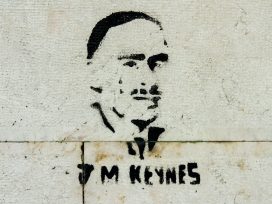
The debate between Keynes and Hayek must be between a historically accurate Hayek and a historically accurate Keynes. Only then can the differences – and the common ground – between these two key economists of the mid-20th century be understood.
Esprit’s summer issue, edited by Camille Riquier, considers the idea that capitalism has replaced God with money. Because the thirst for wealth ignores the blood of the poor, the community of money is based on a breach of trust. Do new currencies make a difference? Can we make money visible again, and hence master it?
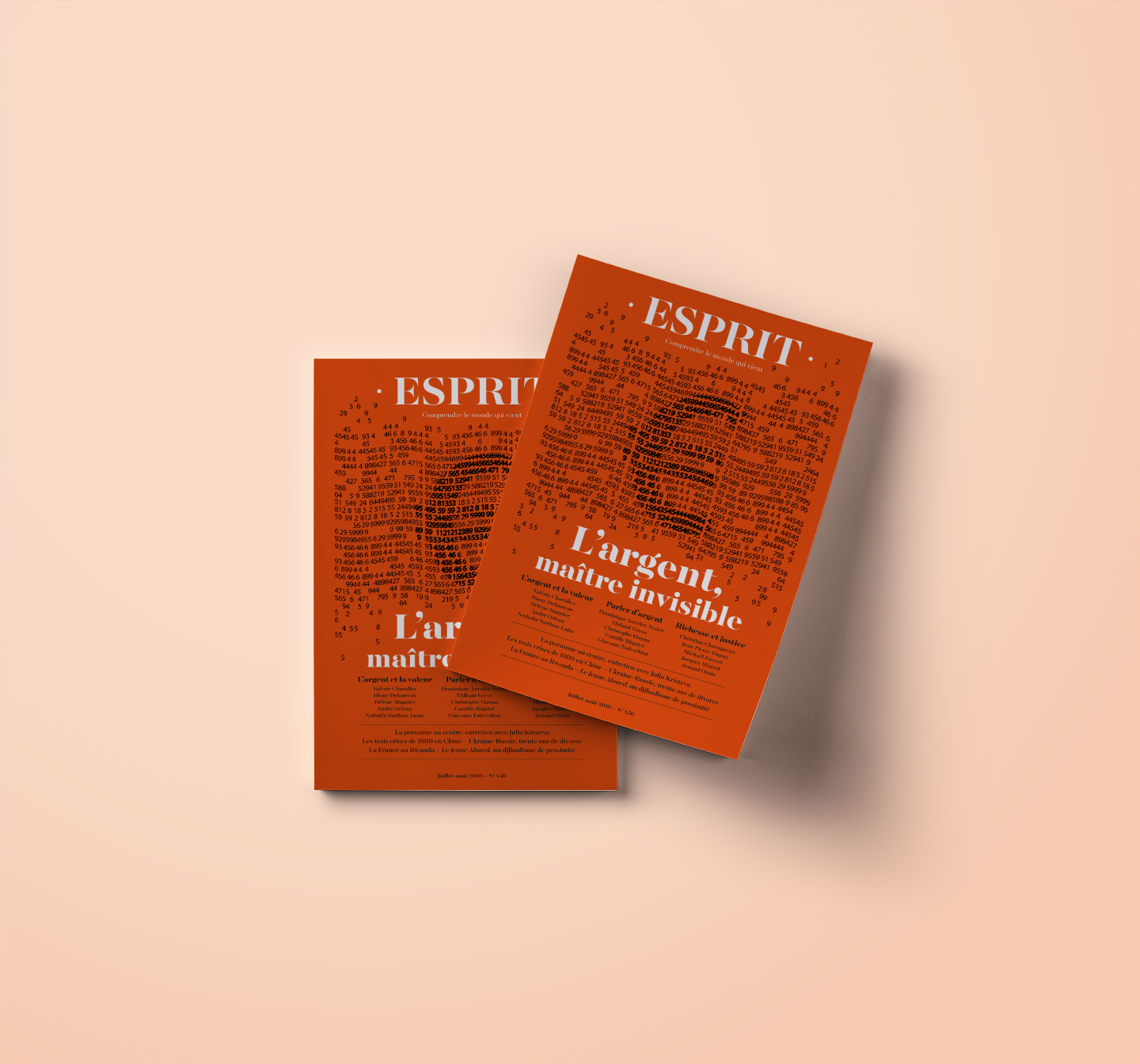
Economist André Orléan argues that money is first and foremost a social relation. Its foundation is not the state but the community of payment. Cryptocurrencies such as bitcoin or Facebook’s libra therefore make no difference. ‘Collective belief produces value. This truth applies to all currencies.’
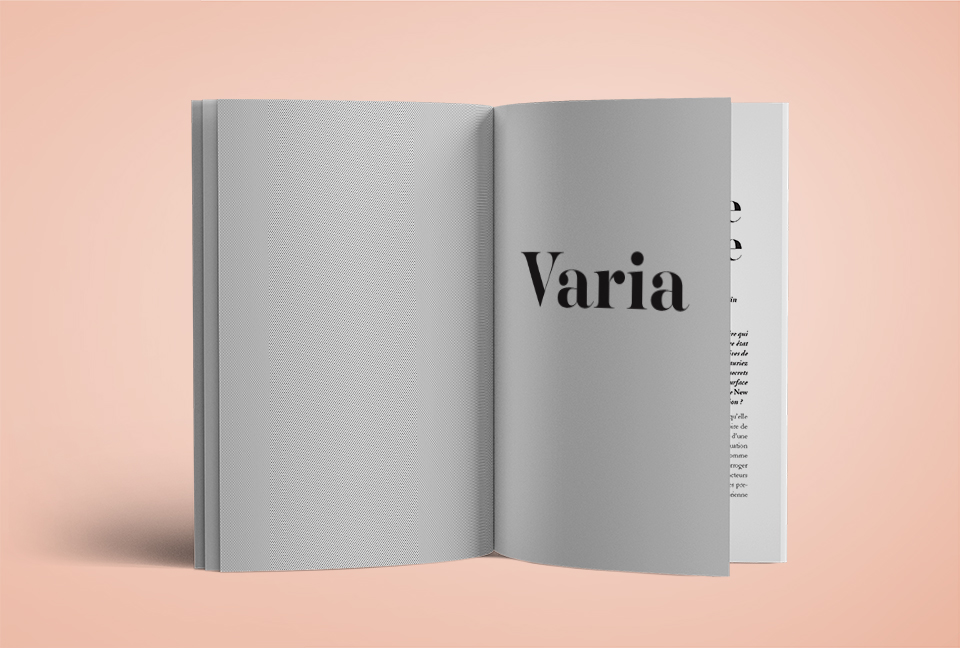
Historian Arnaud Orain reminds us that seventeenth-century mercantilism was a monopolistic economy of predation that flourished in a context of limited resources and mistrust of the open market. Today, we are witnessing its return: ‘Huge conglomerates, both private and public, are supported by strong leaders, who protect them on the domestic market and promise to develop military-industrial complexes aimed at helping them on foreign markets.’ Russian, Chinese and American capitalisms are the outposts of this new mercantilism, writes Orain.
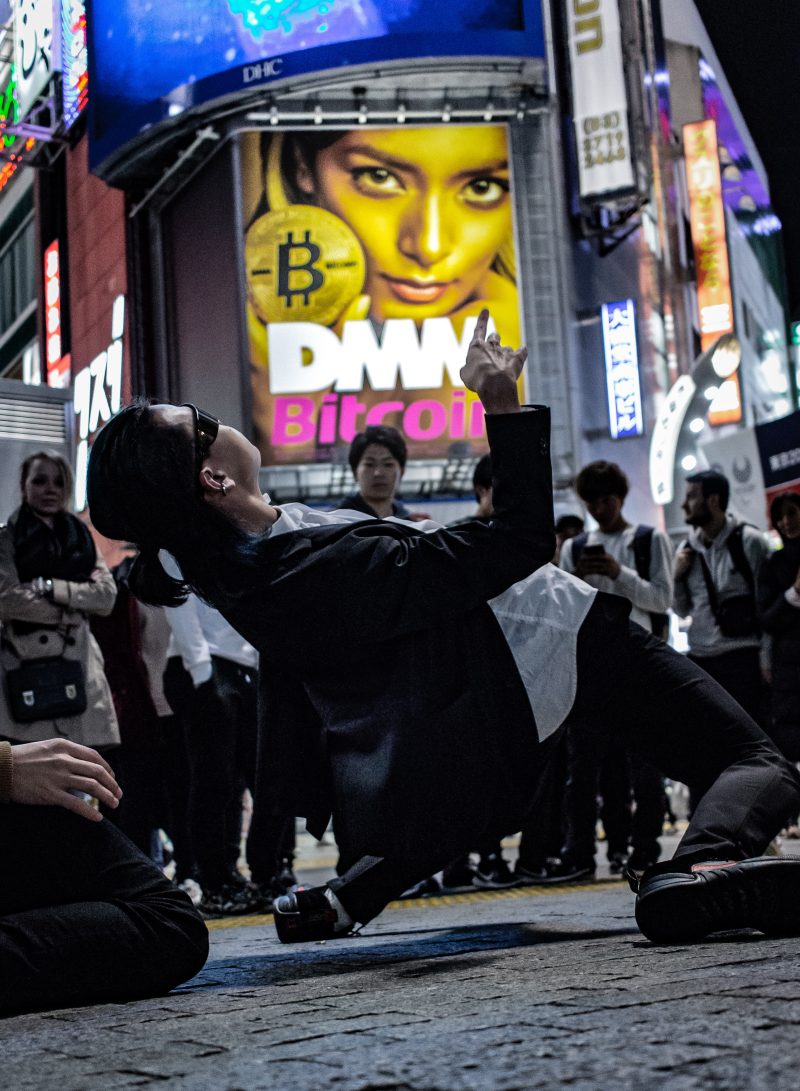
Shibuya Crossing Intersection.
Photo by Pawel Janiak on Unsplash.
Philosopher Jean-Pierre Dupuy argues that there are certain goods that money cannot buy without corrupting them. Against the obscenity of reducing all behaviour to economic considerations, anthropology reminds us of the role of symbolic exchange. ‘The exchange of gifts never ends; it forces partners to constantly renew the bond that unites them, every counter-gift is also a gift. If one were to end this sequence at any point, in order to count the money and check the balance, the whole institution would collapse.’
This article is part of the Eurozine reviews. Click here to subscribe to our reviews, and you also can subscribe to our newsletter and get the bi-weekly updates about latest publications and news on partner journals.
Published 10 July 2019
Original in English
First published by Eurozine
© Eurozine
PDF/PRINTSubscribe to know what’s worth thinking about.

The debate between Keynes and Hayek must be between a historically accurate Hayek and a historically accurate Keynes. Only then can the differences – and the common ground – between these two key economists of the mid-20th century be understood.
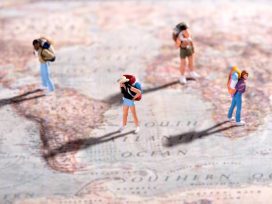
How do tourists experience life in places that they make unliveable? Discussing overtourism on this episode of the Standard Time talk show with a Mallorcan activist, a Central European architect and an English marketing expert.